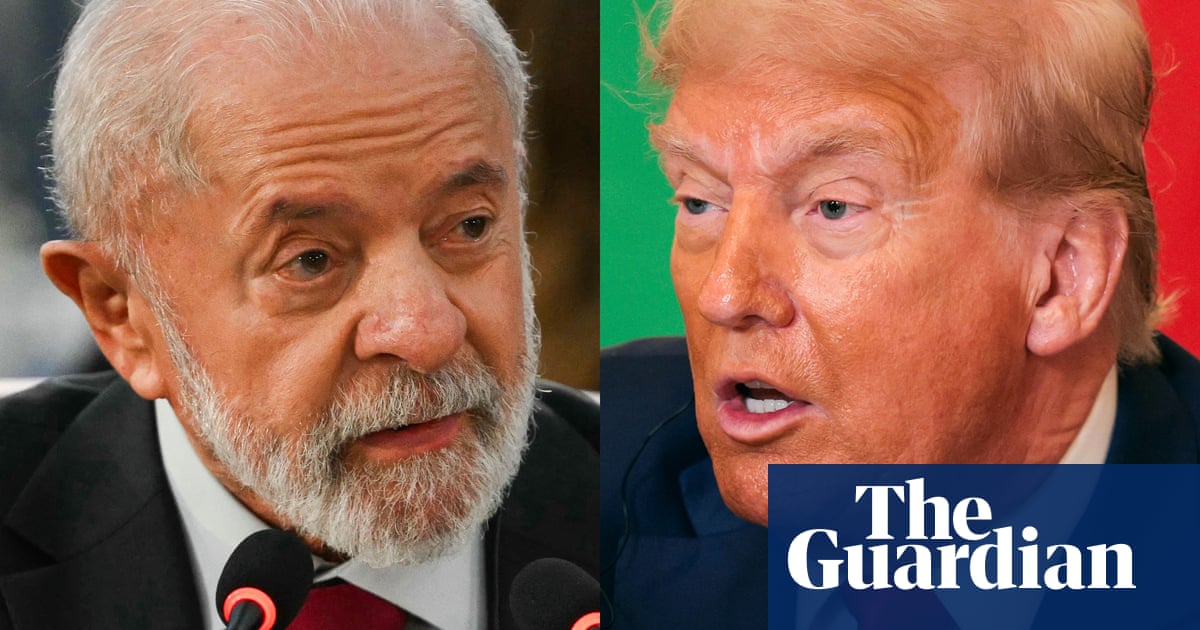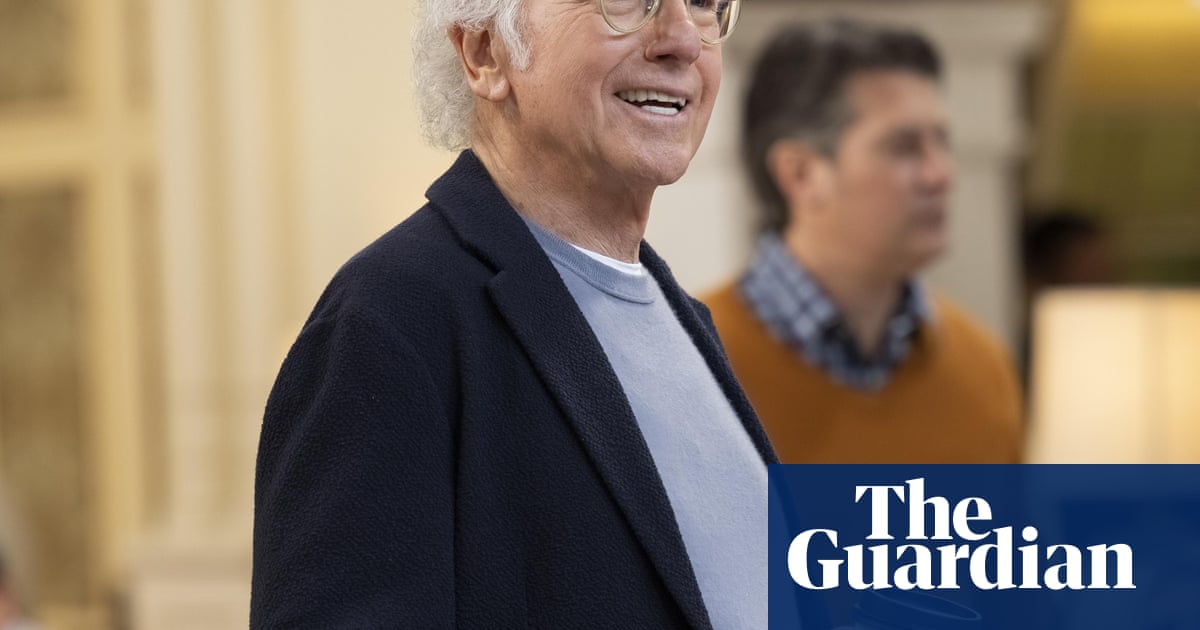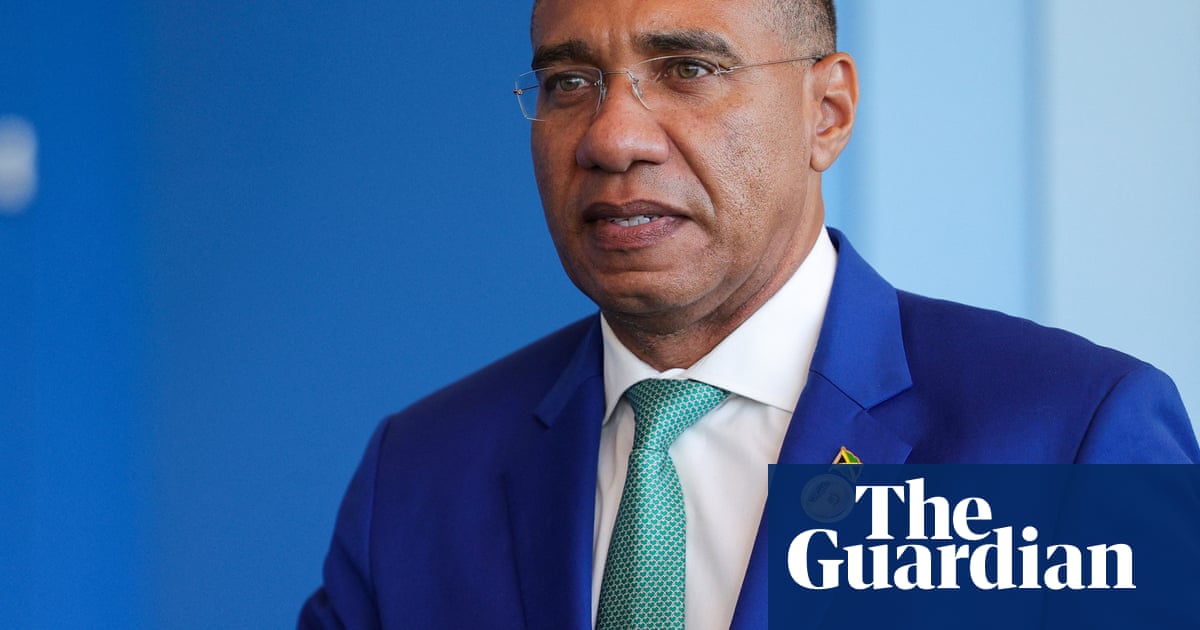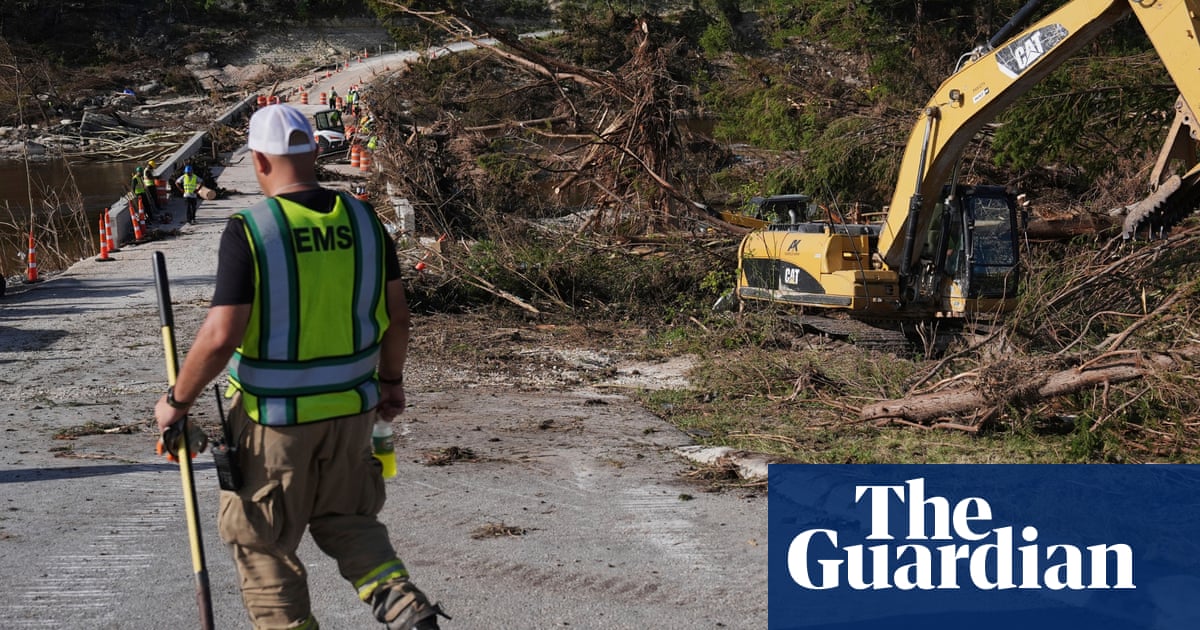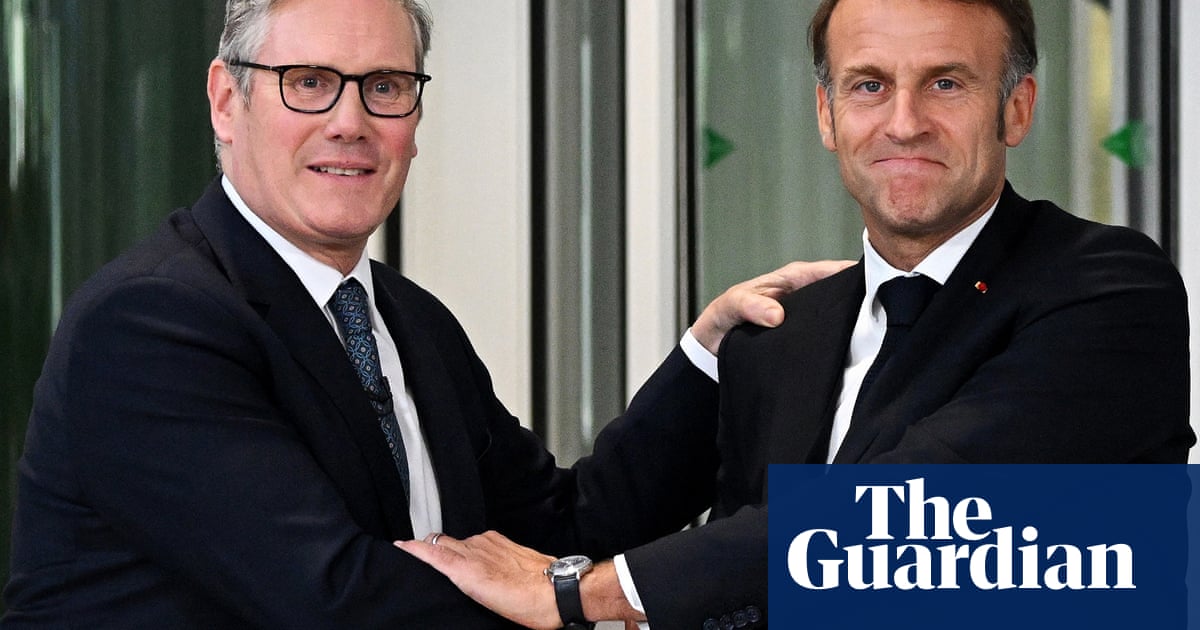Australia and the UK potentially face months of more uncertainty over the future of the Aukus agreement, amid expectations a snap Trump administration review of the nuclear submarines deal will extend well beyond its initial 30-day timeframe.
The author of Britain’s Aukus review, Sir Stephen Lovegrove, said both countries would contribute to the Pentagon assessment but warned there was “a way to go” yet before advice to US President Donald Trump was settled.
The start date of the review – which is being led by the undersecretary of defence and Aukus sceptic, Elbridge Colby – is unclear, but it is now 30 days since it was publicly announced.
Labor sources agree the review isn’t likely to be completed for months, while a Pentagon spokesperson told Guardian Australia this week there was no public timeline for the work.
Speaking during a visit to Australia as the UK prime minister Keir Starmer’s special envoy, Lovegrove told the Australian Strategic Policy Institute thinktank that Aukus needed strong public advocacy. He suggested Trump and the prime minister, Anthony Albanese, name their own representatives to speak up for the $360bn deal.
He said he did not believe the 30-day timeline was correct, but that it was appropriate for the new administration to assess the agreement entered into by the former US president Joe Biden.
“I think there’s a bit of a way to go,” Lovegrove said.
“I am anticipating that we will be in a position to reinforce and give supportive perspectives to the review. We’ve received messages that we will obviously be consulted. I think Australian colleagues have received very similar messages.
“Aukus needs constant love and attention. It is a huge thing. It is protean and it will change its shape a bit as time goes on, and that is quite right too.”
Ahead of a visit to the Henderson naval base in Western Australia, set to deliver nuclear-powered submarine maintenance, Lovegrove called for better strategic communications to maintain public “legitimacy” for the multi-decade deal.
“As somebody said to me a couple of days ago, ‘you don’t buy a Lamborghini in order to take the children to school’. If you’re going to do something like this, you’ve got to explain why you’re making such a very big commitment.”
An Australian defence department spokesperson said it was “natural” the US would want to examine progress against key milestones and identify further improvements in the deal.
“Australia engages widely and routinely with United States officials on Aukus and alliance matters. Australian defence officials have engaged with Elbridge Colby since his commencement in the Pentagon and we look forward to continued productive engagement,” the spokesperson said.
The foreign minister, Penny Wong, and her US counterpart, Marco Rubio, are both attending talks of the Association of Southeast Asian Nations in Malaysia this week and could discuss the review. They met earlier this month in Washington.
after newsletter promotion
Wong told the meeting Aukus would transparently contribute to collective deterrence in the Indo-Pacific.
“Above all, our objective is to prevent conflict, preserve peace and maintain the agency of all countries in our region,” she said.
“We may be bound by the geography that fate has chosen for us, but we are strengthened by the partnership that we choose for ourselves. And that partnership means leaning in, not leaving it to others.”
Colby’s review could recommend the deal be changed, rather than scrapped, with Australia required to pay more to support US shipbuilding capacity or guarantee nuclear submarines be committed in the event of an American conflict with China.
The assistant minister for foreign affairs and trade, Matt Thistlethwaite, told the ABC that the government was confident Aukus remained strong and would be maintained, despite media “speculation”.
“The defence relationship between Australia and the United States has never been stronger,” he said.
The uncertainty about Aukus comes ahead of Albanese’s visit to China, beginning at the weekend, and amid concerns about Trump’s growing trade war and threats to impose tariffs on pharmaceutical imports to the US.
The White House has already publicly called for Australia to lift defence spending to at least 3.5% of GDP.

 6 hours ago
6
6 hours ago
6

